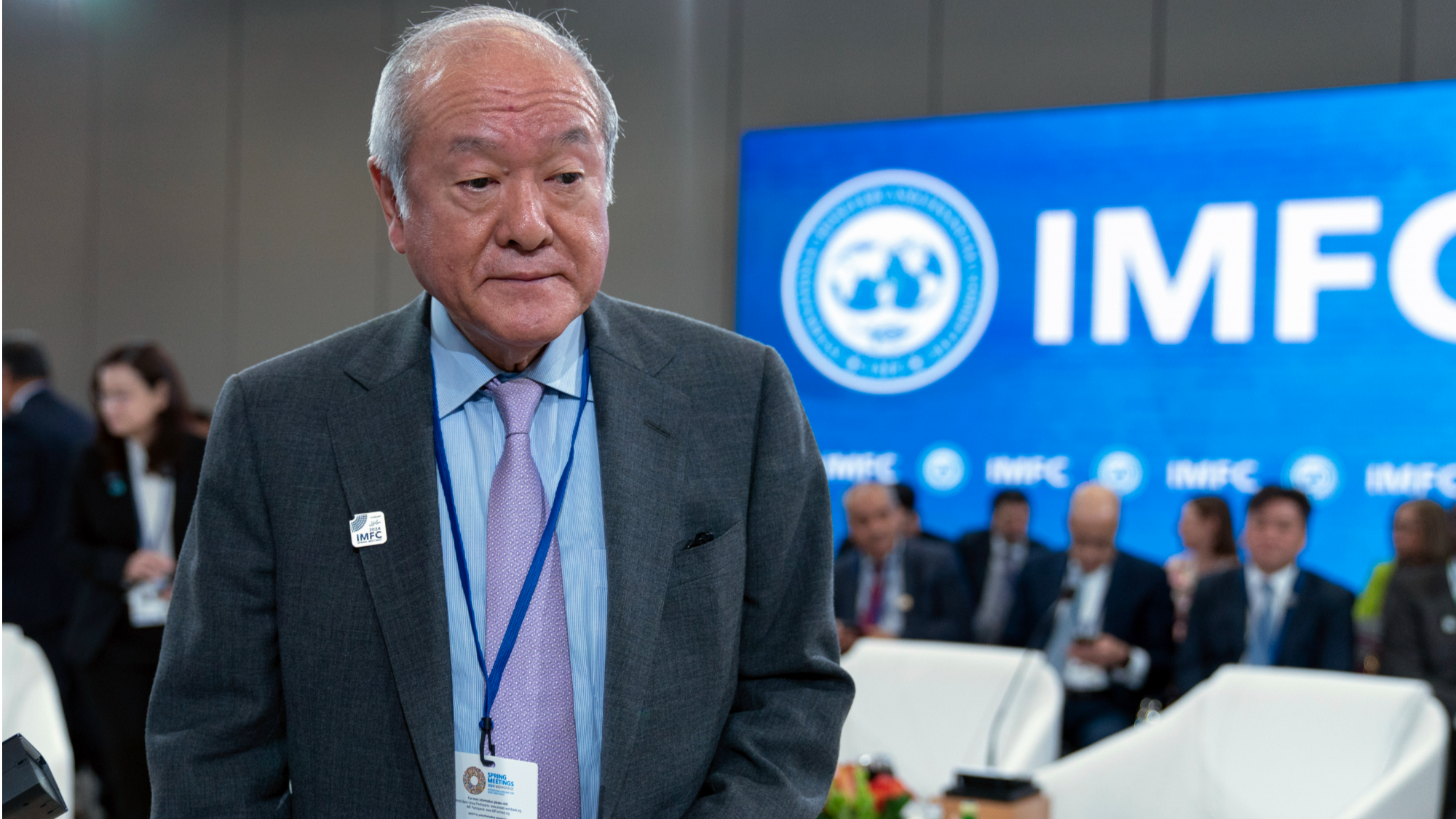
Sanae Takaichi, who is expected to be Japan’s first female prime minister, appointed former finance minister Shunichi Suzuki as the ruling party’s new secretary-general in a sign that she aims to quell concerns about fiscal discipline.
Suzuki took the position on Tuesday while former prime minister and finance minister Taro Aso, whose support in Saturday’s leadership election was a critical factor behind Takaichi’s victory, became vice-president of the party. Analysts say that the appointments of Aso and Suzuki signal Takaichi plans to balance her penchant for stimulus measures with fiscal responsibility.
Takayuki Kobayashi, who ran against Takaichi for the party’s leadership race and voted for her in the runoff, was named the LDP’s policy chief. Haruko Arimura, a former minister for female empowerment, became general council chair and Keiji Furuya, former National Public Safety Commission chair, took the position of election strategy chief.
In a move that could prove to be controversial, Koichi Hagiuda, a former trade minister who previously belonged to an LDP faction headed by Takaichi’s mentor former prime minister Shinzo Abe, was named executive acting secretary-general.
ALSO READ: Japan braces for shift to conservatism
Hagiuda was one of the lawmakers implicated in a slush fund scandal first reported in 2022 that rocked the party and angered the public. His appointment would likely be interpreted as Takaichi’s attempt to move on from the scandal, but could also re-ignite public anger.
The picks show Takaichi is rewarding those who supported her bid for the party’s top job and hints at her attempt to show she’s doing things differently by improving female representation in policymaking.
Takaichi is expected to be voted in as prime minister in mid-October. As she plans to get things done — including fresh economic measures — as a minority government, the focus is on how she would maintain the LDP’s existing coalition with Komeito and if she would widen the coalition.
She could potentially include another party such as the Democratic Party for the People, which strives to boost disposable incomes for working people.


